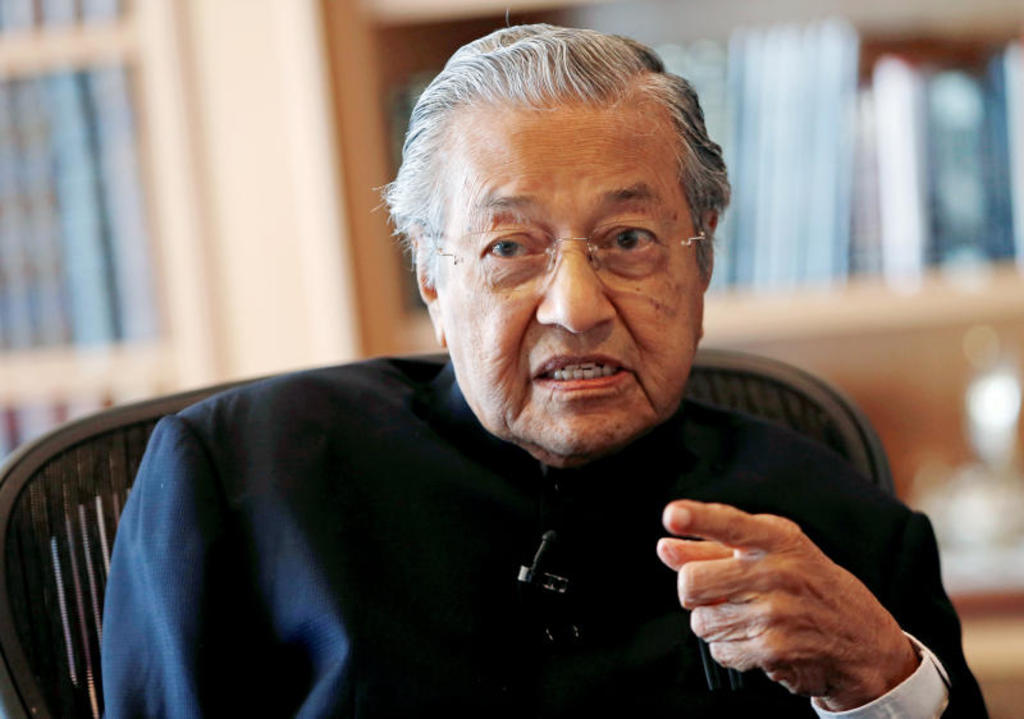Malaysian Prime Minister vows to repeal controversial security law
Malaysian Prime Minister vows to repeal controversial security law

KUALA LUMPUR: Malaysia will repeal a tough security law used to detain government critics without charge under the former government, Prime Minister Mahathir Mohamad has said, with activists today hailing the “bold” vow.nnIt was the latest pledge by the country’s new reformist leaders to roll back repressive legislation introduced by scandal-hit ex-premier Najib Razak, whose long-serving government was toppled at elections in May.nnLeading pro-democracy activists were among those arrested using the Security Offences (Special Measures) Act, or SOSMA, introduced in 2012 purportedly to combat security threats from extremists.nnIt allows for suspects to be detained without charge for 28 days and can incur a lengthy prison sentence.nnIn a speech late yesterday, Mahathir said Najib had used repressive laws to do “whatever he liked” and vowed to abolish SOSMA.nn”The people will now be protected under laws that are fair and any offences will be brought before and decided by the court,” he was quoted as saying by the New Straits Times newspaper.nnEric Paulsen, legal director of Southeast Asia-focused rights group Fortify Rights, hailed the announcement as a “timely and bold move”.nn”We demand that no one should be detained without trial or be a victim of arbitrary arrest,” he said.nnOne of the most high-profile figures detained under SOSMA was Maria Chin Abdullah, the former leader of pro-reform group “Bersih” which staged huge rallies against Najib’s government.nnShe was arrested in 2016, when still the head of Bersih, on the eve of a demonstration and kept in solitary confinement for 10 days. She is now an MP with the ruling alliance.nnNajib launched a crackdown on government critics after allegations emerged he was at the centre of a massive scandal linked to state fund 1MDB. He was arrested this month and has been charged with corruption.nnMahathir himself, during a first stint as premier from 1981-2003, used repressive laws to target critics. More than 100 people, including opposition politicians and activists, were arrested and detained without trial during a major crackdown in 1987.nnSource: AFP





